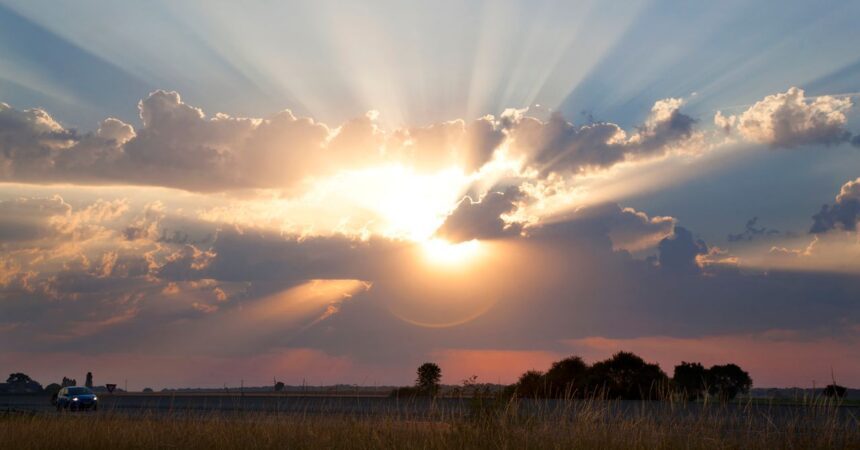appears to be governments: As nations explore geoengineering, Stardust is positioned to potentially offer them solutions to achieve their objectives, several experts noted. In a response to inquiries regarding its business strategy, Yedvab characterized the company’s approach as “based on the premise” that solar geoengineering “will be essential in tackling global warming over the coming decades.”
Yedvab further stated that the company’s assortment of technologies “could be utilized following decisions made by the US government and the international community.”
The company is in the process of patenting its geoengineering technologies. “We expect that as US-led [geoengineering] research and development initiatives progress, the worth of Stardust’s technological portfolio will correspondingly increase,” Yedvab expressed. According to Pasztor’s report, should governments opt against pursuing geoengineering, investors “risk failing to achieve a return on their investment.”
The notion of proprietary, privately held geoengineering technologies raises concerns among some experts. Pasztor suggests that Stardust collaborate with its investors to explore avenues for making their intellectual property publicly accessible, similar to how Volvo made its patented three-point seatbelt design available to other manufacturers over six decades ago. Alternatively, Stardust could negotiate with governments to acquire the complete rights to the intellectual property, allowing the governments to subsequently make the technology freely accessible.
Regardless, Pasztor contends that Stardust must proceed ethically with complete transparency and independent oversight, stating, “They are operating in a vacuum, in the sense that there is no social license to do what they are attempting to do.”
Other experts have also scrutinized Stardust’s conduct to date. Regarding governance principles like transparency and public involvement, “they are not adhering to any of them,” remarked Shuchi Talati, the founder of The Alliance for Just Deliberation on Solar Geoengineering, a nonprofit based in Washington, DC. “Pasztor’s report is the only public documentation we have about them,” she added. Stardust did not hold any public forums for its outdoor field tests and has not shared any data or information concerning them, Talati mentioned. This absence of transparency could pose risks to the company, she warned, as Stardust’s methodology may incite conspiracy theories about the actions of a “secret Israeli company,” complicating trust-building efforts in the future.
Janos Pasztor, former climate governance consultant, Stardust










